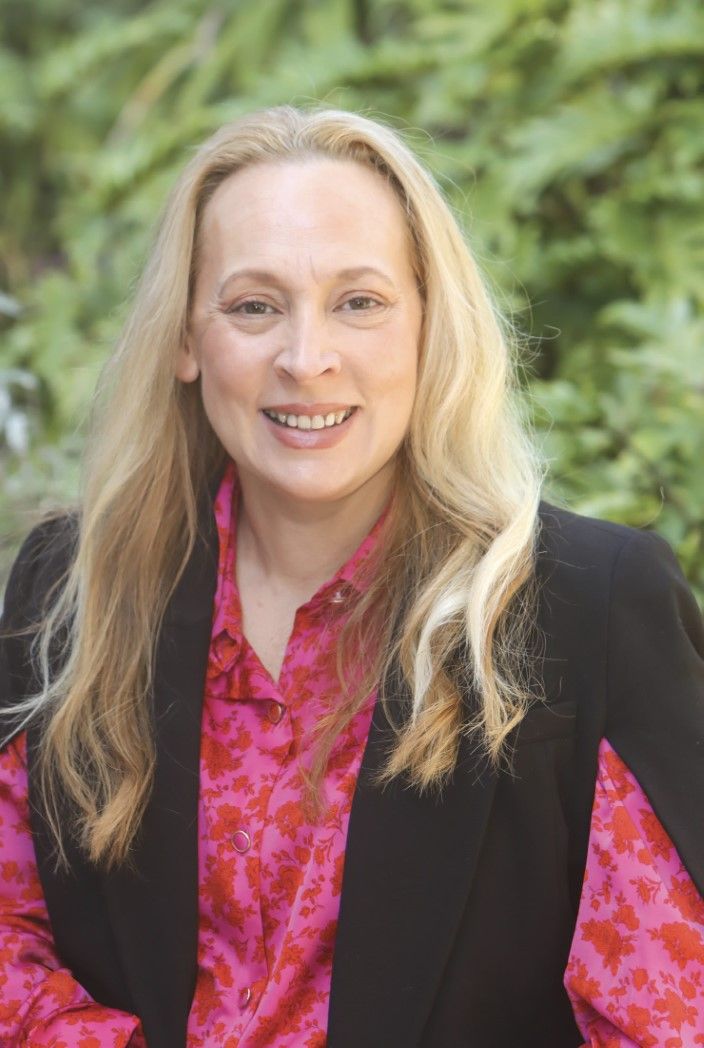
New IEUA NSW/ACT Branch Early Childhood Education and Care (ECEC) Vice President Michelle Thompson has hit the ground running, fronting the mainstream media and meeting a minister in her first few weeks in the role, Sue Osborne writes.
Thompson has taken over from dedicated and long serving Vice President Gabe Connell (see p20).
“Very big boots to fill,” Thompson said.
Change and spontaneity has been a hallmark of Thompson’s career. In her 20 years in the early childhood sector, she has worked in numerous roles and settings, experiencing everything from Cert III educator, diploma and teacher roles in community-run centres, preschools at independent schools such as Cranbrook and Kambala and council-run centres.
She has been involved in developing two new centres from the ground up, and said she relishes getting into the nighty-gritty of building a centre.
She is currently Director at north Sydney’s Shore School Early Learning Centre, part of the P-2 preparatory program for 50 boys and girls. The Shore School becomes all boys after Year 2.
“Working in so many different roles has given me a real understanding and perspective on what it’s like to work at all levels in an early childhood centre. I have empathy with all staff as I have walked in their shoes,” Thompson said.
She loves being in early childhood because every day is different. “Children are so full of fun and beautiful energy and innocence. You just never know what they’re going to come up with next.
“I love meeting the families as they come and go and hearing the stories and the funny comments from the children.
“The other day they were asking why we like being teachers. That sparked a great conversation among the staff about why they wanted to be a teacher.
“My philosophy is always about putting children first and I like to unpack what we’re doing and see if doing things differently would benefit the children.
“We have tried various initiatives over time like resting outdoors. The children just didn’t want to be lying down inside, so we worked with them and the parents to try it.
“Thinking ‘let’s do it the way we’ve always done it’ might not align with the best way to do something.”
Recruited by publications
Thompson found the IEU through its publications. “For many years I’ve been reading the IEU’s monthly [Newsmonth] and the magazines. My husband is also a teacher, so I’ve been reading the publications for a very long time.
“I’m always interested in the articles. I love the point of view. They’ve always been an advocate for change and working conditions and really promoting the children, the families and staff conditions.
“Something came up on ECEC Council and the only way to get change is by doing, so I went from reader to joining ECEC Council.
A voice for the sector
“On council I have learnt more about how the union could offer a voice for the sector and that’s where the vice-president’s role comes in.
“It also offers me a chance to grow my skills and participate in a bigger arena.”
ECEC Council consists of a group of early childhood teachers from around NSW and the ACT who meet regularly to set the union’s agenda. They recently gathered to welcomes Federal Early Childhood Education Minister Dr Anne Aly to the union’s Sydney office (see p6).
During that meeting Thompson gave an interview to the Sydney Morning Herald. She told the journalist that collective bargaining would give her sector a stronger voice, but right now it was “chronically haemorrhaging dedicating, qualified staff” and urgent action was needed.
“It’s wonderful collaborating with everyone and highlighting areas of need in our sector. It’s important to have an early learning voice at the table.
“I’d like to see action now. Early learning is at the forefront and it’s great to see politicians discussing it, but there’s a crisis and we need immediate concrete action.
Workload pressures
“The teacher shortage is creating workload pressures at all levels. I’m talking to teachers from all different areas and it’s the same story – burnout.
“The increased demands of admin and compliance on directors has become a problem. The NSW Education Department is very stringent on applying regulations. But it’s crazy sacrificing time with the children or our programs because we can’t meet ratios or qualifications on the premises.”
Thompson illustrates her point with the example of having to waste time over an expired box of band aids in the First Aid cupboard, when a perfectly good box of new band aids was sitting right next to it.
During the COVID-19 pandemic, staff were really struggling yet there was no let up from the Education Department, she said
“They still did ratings and assessments, still checked ratios. It was very hard to put all our time and energy into the children when were being dragged away to this stuff.”
The Department’s recent announcement that fines would be increased for non-compliant centres was “very disappointing” during the present crisis in staffing, Thompson said.
“We are constantly torn, wanting to do critical reflection and meet the needs of all children and families, not fill in for the chef or do a lot of paperwork.
“The biggest concern is that we’re losing more and more of our experienced leaders due to burnout. Lots are resigning right now and there’s no one coming through the universities to replace them.
“It’s hard to know what the future holds.”


































































































































